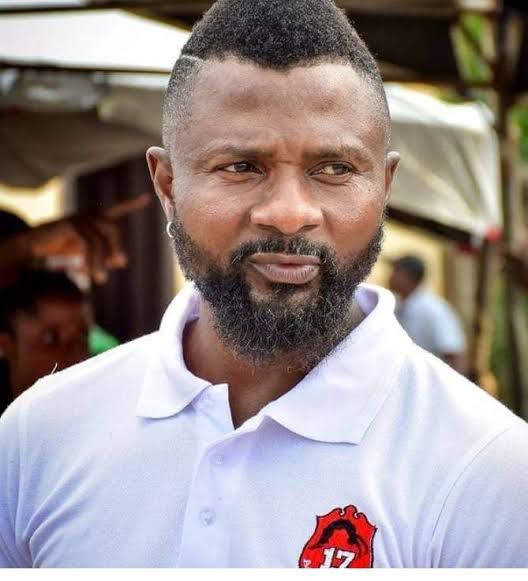Former Nigeria international, Julius Aghahowa, has raised concerns about the Nigerian Football Federation’s (NFF) plan to hire a foreign coach to lead the Super Eagles.
Aghahowa, who is known for his outspoken views on Nigerian football, questioned the ability and knowledge of foreign coaches to truly understand and integrate with the local football culture, which he believes is crucial for the success of the national team.
Read Also: Paris 2024: More Nigerians Win Medals For Other Countries As Spain Strike Gold In Football
This comes as the NFF remains steadfast in its strategy to appoint a foreign coach as part of its efforts to revive Nigeria’s chances of qualifying for the 2026 FIFA World Cup.
Nigeria’s campaign got off to a rocky start, prompting the search for a new coach who could potentially steer the team back on track.
Reports indicate that the NFF has narrowed its search to three candidates: Herve Renard, Tom Saintfiet, and former Mali coach Eric Chelle.
Among these, Renard is seen as the frontrunner due to his impressive track record, which includes leading Zambia and Côte d’Ivoire to Africa Cup of Nations victories, and guiding Saudi Arabia to the 2022 FIFA World Cup.
However, Aghahowa expressed doubts about the financial feasibility of hiring Renard, who is reportedly demanding a salary nearly double that of the previous Super Eagles coach, Jose Peseiro. Peseiro earned between $50,000 and $70,000 per month, a figure the NFF struggled to pay on time.
“The coach (Herve Renard) is a very good coach, he has experience; when it comes to African football and even world football, we have to be realistic. Can we afford him with the price tag?” Aghahowa remarked during an interview with Brila FM.
He pointed out that the NFF’s history of irregular salary payments raises concerns about their ability to meet Renard’s financial demands.
Aghahowa also highlighted the potential negative impact of relying on foreign coaches on the development of local coaching talent.
He argued that investing in and supporting homegrown coaches, even if they earn less than their foreign counterparts, could be more beneficial in the long run for Nigerian football.
“We might not pay them as much as the foreign coaches, but pay them well, give them enough time to build the team, and I have confidence in our local coaches,” Aghahowa concluded, emphasizing the need for a shift in focus towards nurturing domestic talent.
Aghahowa’s views add to the growing debate among former players and football enthusiasts about the best way forward for Nigerian football, as the nation continues to seek ways to improve its performance on the international stage.










